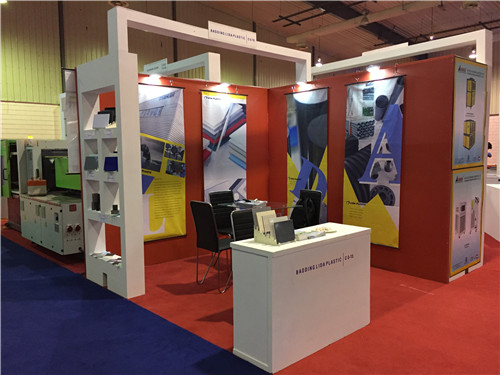Oct . 10, 2024 15:08 Back to list
Industrial Pipe Fittings for Efficient Fluid and Gas Transportation Solutions
Industrial Pipe Fittings A Comprehensive Overview
Industrial pipe fittings play a pivotal role in the construction and maintenance of pipelines across various industries. These fittings are essential components that facilitate the connection, change of direction, and branching of piping systems. Understanding the different types of pipe fittings, their materials, and applications is vital for ensuring efficient and safe operations in industrial settings.
Pipe fittings come in a variety of shapes and sizes, each designed for specific functions. The most common types include elbows, tees, reducers, couplings, and flanges. Elbows are used to change the direction of the pipe, typically at angles of 90 or 45 degrees. Tees allow for branch connections to be made, creating a T-shape that enables fluid to flow in multiple directions. Reducers are employed to connect pipes of varying diameters, ensuring smooth transitions within the system. Couplings are essential for joining two straight sections of pipe, providing a secure and leak-proof connection. Flanges serve as a mounting point for bolting pipes together, allowing for easier disassembly and maintenance.
industrial pipe fittings

The materials used to manufacture industrial pipe fittings vary greatly and are chosen based on the specific requirements of the application. Common materials include stainless steel, carbon steel, PVC, and copper. Stainless steel is favored for its corrosion resistance and durability, making it ideal for high-pressure and high-temperature applications. PVC is lightweight and resistant to chemicals, making it suitable for water and wastewater applications. Copper fittings are commonly used in plumbing and heating systems due to their excellent conductivity and resistance to corrosion.
The applications of industrial pipe fittings are extensive, spanning across various sectors, including oil and gas, chemical processing, water treatment, and construction. In the oil and gas industry, fittings are crucial for safely transporting hydrocarbons from one location to another. In chemical processing, they ensure that hazardous materials are contained and transported safely. Water treatment facilities rely on pipe fittings to manage the flow of water and wastewater effectively.
In conclusion, industrial pipe fittings are indispensable components that facilitate the efficient functioning of piping systems in diverse industries. A thorough understanding of the types, materials, and applications of these fittings is essential for engineers and technicians alike. Proper selection and installation of pipe fittings contribute significantly to the longevity and safety of industrial operations. As industries continue to evolve, advancements in fitting technology and material science will pave the way for even more efficient and sustainable piping solutions.
-
Double PE Welding Rod Supplier - High Strength, Durable & Versatile Welding Solutions
NewsJul.07,2025
-
High-Quality PVC-O Pipe Supplier Durable 75mm PVC Pipe & Connections Leading PVC Pipe Company
NewsJul.07,2025
-
HDPE Drainage Pipe Supplier – Durable & Corrosion-Resistant Solutions
NewsJul.06,2025
-
HDPE Sheet Roll – Durable HDPE Plastic Sheet Roll Supplier Transparent PVC Sheet Roll Available
NewsJul.06,2025
-
25mm PVC Irrigation Pipe - Durable & Efficient Watering Solution for Farms & Gardens
NewsJul.05,2025
-
HDPE Culvert Pipe Supplier – Durable, Leak-Proof & Easy Installation Solutions
NewsJul.05,2025

